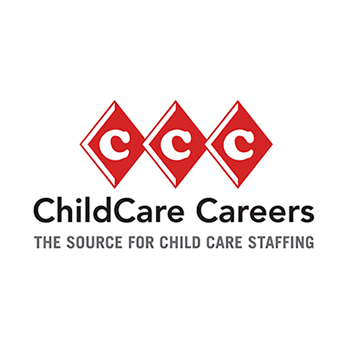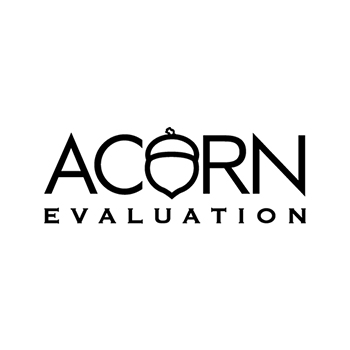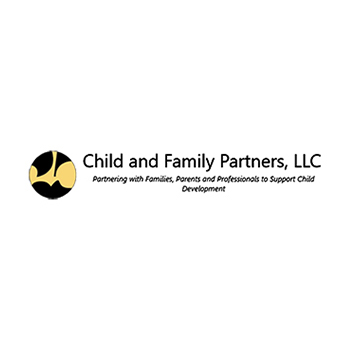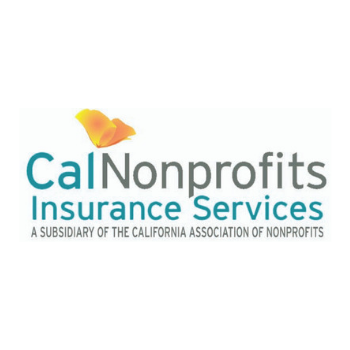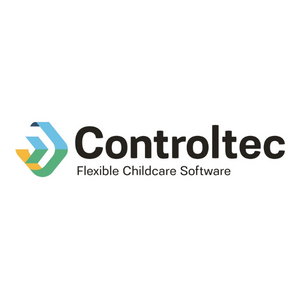Galen Emmanuel, our Policy and Leadership Conference keynote speaker, left us with a strong and consistent key message: we create our culture every day in the way we show up for work and respond to our colleagues. We may do this unconsciously, through unexamined habits of behavior, or very intentionally, through a discipline of self-awareness and commitment to a positive “yes!” way of thinking and being.
In July 2018, keynote speaker Gervase Bushe talked with us about clarity — and understanding the nature of our experience and that of others around us by attending to the four elements of experience: what we see and hear, how it makes us feel, what we think about it, and what we want.
The Future of Happiness author Amy Blankson talked to our members about technology — and the conscious or unconscious decisions we make about how we use tech at work and home to advance or diminish our happiness.
There are other models for examining how we create culture at work. The Five Dysfunctions of a Team by Patrick Lencioni provides a simple and powerful model for creating great teams. And of course, the work of Stephen Covey is still relevant.
It may not matter, in the end which model we embrace. But I think it really does matter that we embrace one. Any model our colleagues can run with may be all we need. I’m sure we’ve all heard this truism before: Great teams or even great organizations thrive and succeed not by doing uncommon things. Rather they do very common things uncommonly well.
Why this focus on culture in our keynote speakers at the leadership conference? Because culture is something that is entirely ours to control. It doesn’t take more money or resources — only leadership to convene the conversation about the values and principles that we want to drive our interactions with each other. There is one final reason why culture may be a critical concern to all of us. Patrick Lencioni suggest in his book, The Advantage, that organizational health is the last competitive advantage of any organization. Because every business process, every software solution, every strategy can eventually be discovered and emulated by competitors. The one absolutely unique thing that no one else can copy is the unique culture we create.
Christopher Maricle
Executive Director
Head Start California
 " width="1600" height="320" alt="Background Image" class="bnr-b" role="presentation">
" width="1600" height="320" alt="Background Image" class="bnr-b" role="presentation">






